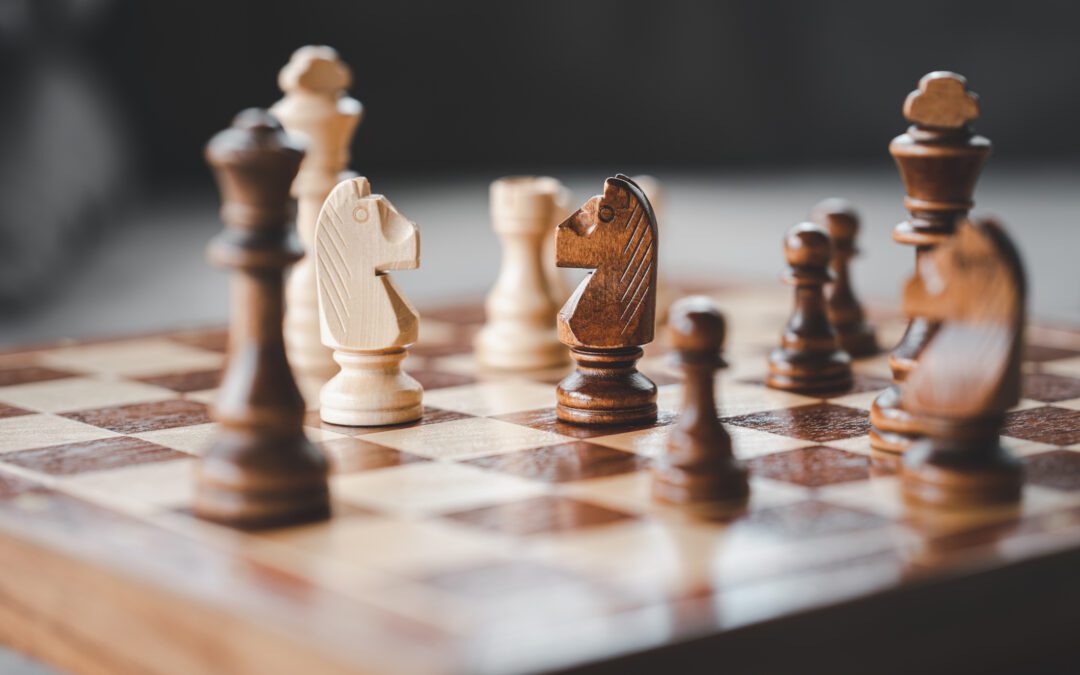In Part I of my series on my friend Cecil Poisson’s highly unconventional thinking on the nature of reality and the mind, I explained how Cecil’s mind, from which our reality emanates, is actually a hybrid of his consciousness and those of others to whom Cecil has granted “power” or “access.” (If you have not looked at that earlier post, I advise you to please read it before diving into this post.) This post will focus on the perspective of the other consciousnesses or minds, which might appear at first blush to be akin to parasites. Cecil, however, takes a more measured or nuanced approach to understanding them.
Part I explained how Cecil’s mind is like a theater stage or movie screen onto which reality is projected. One might imagine that it is fun and possibly even fulfilling to participate in such a production, and so they compete to obtain power from Cecil and thereby run the show. However, Cecil not only perceives of reality as a play but also as a game – literally and not just metaphorically — a game. Individual minds are “players” and groups of related minds form “teams” and “factions.” It is in the context of this game that the dispensation of power or access is determined. Much of the game is connected to some of the examples I gave in Part I of how players obtain power. Thus, for example, mirroring, obtaining information or knowledge, and making “sacrifices” lead to success in the game and, concomitantly, power. Seen in this light, it would seem to be a meaningful coincidence, and perhaps a clue for those who might be struggling to understand this reality, that those who perform in plays and those who participate in games are both called “players.”
Much to his chagrin, Cecil does not have full knowledge of the details of how this game works, which, as you can imagine, is frustrating for him. Moreover, it means that Cecil’s life is just a game to others, and thus that he is living in a different reality from them, regardless of the fact that their physical realities are the same. I can only imagine what this must feel like for him – feelings of powerlessness over his reality and pangs of alienation from others who are readily engaged in the game. And, of course, what to them is a game, to Cecil is his life.
Not surprisingly, Cecil is very ambivalent about the game. On the one hand, the game forces players who participate in teams to put the team above all else, meaning that players may sometimes have to do harm to those not on their team, even if they are innocent or are friends. The important role played by mirroring causes Cecil to despair at times that the game is a narcissistic exercise. In addition, it has become evident to Cecil that betrayal, lies, deceit, and subterfuge are all common currency in the game, and many players have adopted the maxim that the ends justify the means. For Cecil – an eminently ethical man – this can be troubling indeed.
On the other hand, games are supposed to be fun, and the players seem to enjoy it. So, perhaps if he could understand their perspective, Cecil might actually find the game enjoyable and a path to shaping his reality and getting what he needs from it. But the game can also be cruel and barbaric, imposing suffering on those who do not understand it well or are not able to amass sufficient power. At this point, Cecil does not find the game to be very much fun; to the contrary, it often makes him very sad indeed.
You may ask how Cecil came to realize that existence is a game. It began over two decades ago, when he experienced an auditory hallucination that sounded like someone was whispering the word “game” into his ear, even though there was nobody else around. Subsequent incidents with friends, whereby they were clearly trying to communicate to Cecil that existence was a game and that they wanted him to play, further fueled his thinking on this score. For example, Cecil related to me that some years ago, a letter addressed to someone with a Turkish name appeared in his mailbox one day, immediately after which a Turkish friend of his sent him an email asking if “the Turks could play.” When Cecil asked him to inform him first of the “rules,” his friend responded that there were no rules — a response that would turn out to be a lie and perhaps intended to throw Cecil off the trail.
The notion of teams is a fraught one for Cecil. He recognizes that some players play solo and do not affiliate with a team. For most though, their team affiliation is determined by a social science concept referred to as “intersectionality.” Basically, one’s intersectionality is determined by their identities. Thus, a player may lie at the intersection of several identities, and thus teams. For example, a player may be a gay black male professional or a married white Jewish mother, and accordingly be affiliated with each of those constituent teams.
So, you may wonder, how exactly does the game work? As noted above, Cecil does not have a complete answer for that. Cecil realizes that he is still a student in this regard, and his ability to navigate the game will depend on how successful his future “studies” turn out. Stay tuned for future posts on Cecil’s thinking on the nature of reality and the mind.


